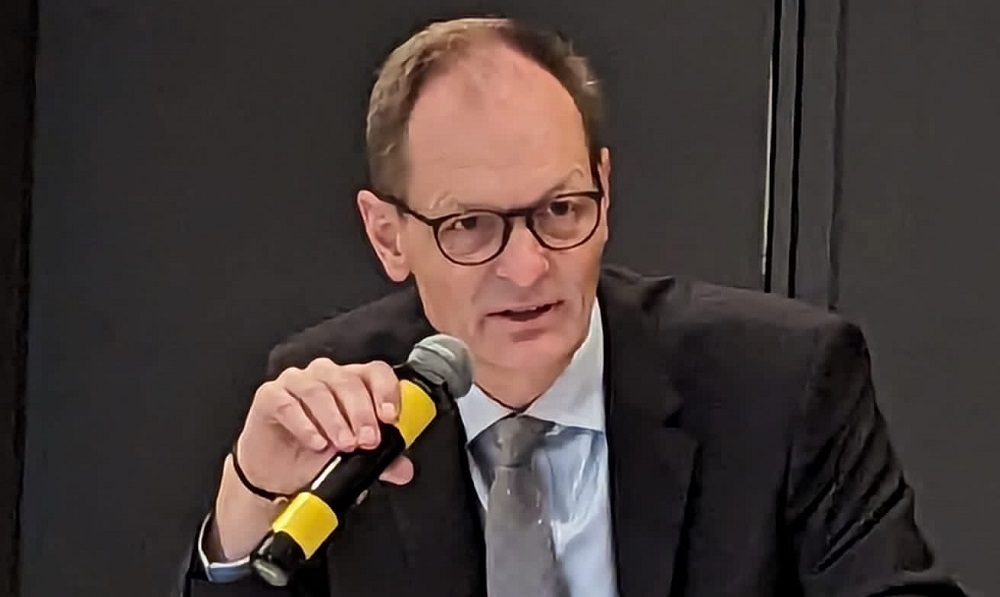
The interview for “Newsweek” by the German ambassador to Poland, Thomas Bagger, resonated loudly in the media. What was overlooked was that it included a veiled threat to Poland not to claim the reparations it was due. Meanwhile, the Germans should finally understand that the condition for building healthy relationships in the spirit of forgiveness and cooperation is the payment of compensation for the crimes and destruction committed by Germans during World War II.
“When it comes to reparations, there is nothing to talk about. The German government is not afraid of negotiations, but believes that there is nothing to negotiate. We will continue to commemorate the dark part of our history with the conviction that it leads to good neighborly relations” – Thomas Bagger said in an interview for Newsweek. “However, you can have a common European future or Versailles-style reparations [imposed on Germany after World War I – ed.]. You can’t have both at the same time” – he added. Translating this from the language of diplomacy into the language of practice, it can be said that from Berlin’s point of view, the sine qua non condition for any cooperation between Germany and Poland is Poland’s resignation from its due claims, otherwise Germany is ready to use violence. The latter is clearly mentioned in the reference to the Versailles order, which – let us remind you – pinched Berlin so much that it was one of the reasons why Adolf Hitler started World War II. Therefore, if such words come from the lips of a contemporary German diplomat, they should really give some clue not only to the authorities in Poland, but also to other governments of other European Union Member States. Germany’s message at this point is clear and unfortunately heavily marked by violence, which undermines the country’s credibility as a partner.
In this context, it is clear that the payment of reparations to Poland is a litmus test of the real intentions of the German state, not only towards Warsaw, but towards the entire EU community. Its absence – as well as Bagger’s statement – is proof that Berlin has not renounced aggression, perhaps only changing its forms. If the “common European future” mentioned by the German ambassador is to be the future of two countries cultivating good neighborly relations, then it is obvious that it must be based on – apart from the recognition of guilt, which has already happened – also compensation, not only in the spirit of penance but simple justice and fairness.
If Germany does not pay Poland the compensation it is due, it will never effectively cut itself off from the Third Reich, which will affect its image. The authorities in Berlin, and with them Ambassador Thomas Bagger, should decide whether they really want modern Germany to be seen through the prism of the bestial murders Germans committed during World War II.
Anna Wiejak
